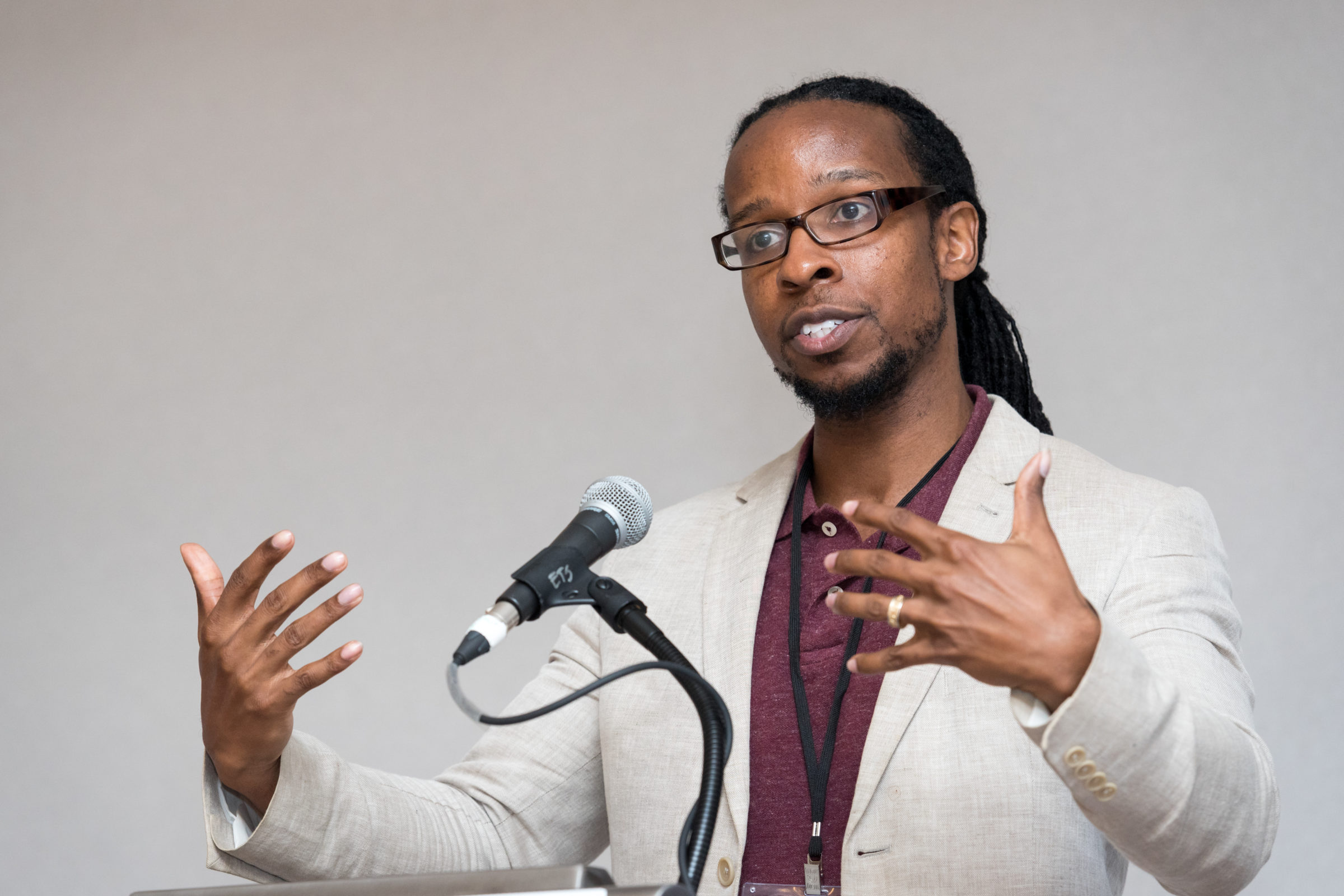Kendi: Election of Obama Harmful to Racial Equity
Originally published at National ReviewIbram X. Kendi is the intellectual leader of the new “anti-racist” movement. Don’t let the name fool you. Anti-racist does not really want to end the great evil, but redirect racial distinctions and wield them invidiously against people not of color. As Kendi has written, “The only remedy to racial discrimination is antiracist discrimination.” Swell.
The goal of anti-racist advocacy isn’t guaranteeing equal opportunity for every individual. Rather, it is “equity,” that is, equality of outcomes for racial, ethnic, and sexual/gender groups. The beautiful part for the activist is that equity — as they define it — is so utterly Utopian that it can both only be strived for by authoritarian means and can never be achieved. Indeed, based on how enthusiastically the political Left — particularly, those in control of the institutions — jumped on the anti-racist/equity bandwagon, it is a campaign that will never end. For the Left, “There is only the fight.”
If you needed further proof that we are in a hellish loop on race issues, Kendi just penned a piece in The Atlantic in which he actually decries the election of Barack Obama as president. Why? Because it furthers the “myth” of a “postracial America,”and hence, is not anti-racist. From “Our New Postracial Myth“:
The postracial idea is the hardest racist idea to put down. Everyone is inclined to consume it. White people and people of color alike long for racism to end. When we yearn for something to end—and don’t know what the end looks like—it is easy to make ourselves believe the end is near. Believing the myth of a postracial America is a cheap way to feel good, like buying the fast food down the block from my favorite restaurant in Philadelphia. We don’t realize that to believe the postracial myth is to normalize racial inequity and deny that racism is dividing and devastating our society.
The reason for the supposed “myth’s” great resurgent power? The election of our first African-American president gave people hope that racism could finally be put behind us:
I watched Obama’s Iowa victory speech on a tiny mounted television with a stranger as my food cooled. I hardly realized that at that very moment, racial reality was cooling too.
I’ll never forget it.
“This was the moment,” Obama proclaimed that night.
This was the moment when the eagerness of many Americans to close the book on America’s racist past ended up closing the book on America’s racist present, which closed the book on America’s racist future, which wrote the book on how America ends.
“This was the moment,” Obama said again. “Years from now, you’ll look back and you’ll say that this was the moment.”
Indeed, this was the moment when the American people created the original postracial project that is bearing down on Americans yet again, like a knife over a nation’s heart.
This is profoundly subversive and incendiary stuff, and we need to look at what it means with clear eyes: The left has no intention of ever letting the country achieve racial reconciliation — even if reparations becomes policy — because it considers a postracial society to be in conflict with anti-racist goals. In other words, postracial is racist. Lord help us.
